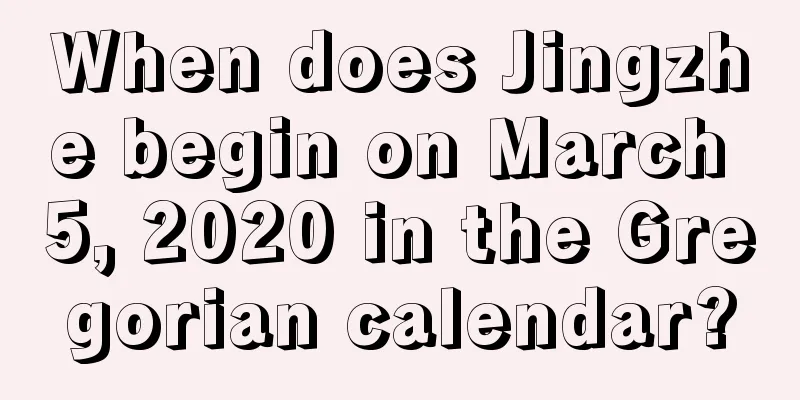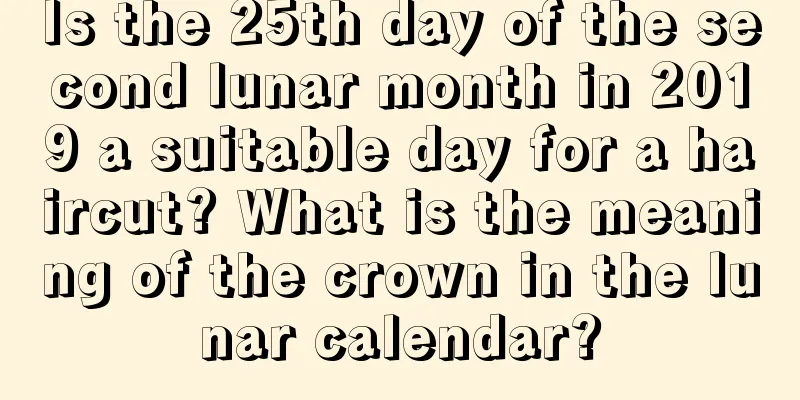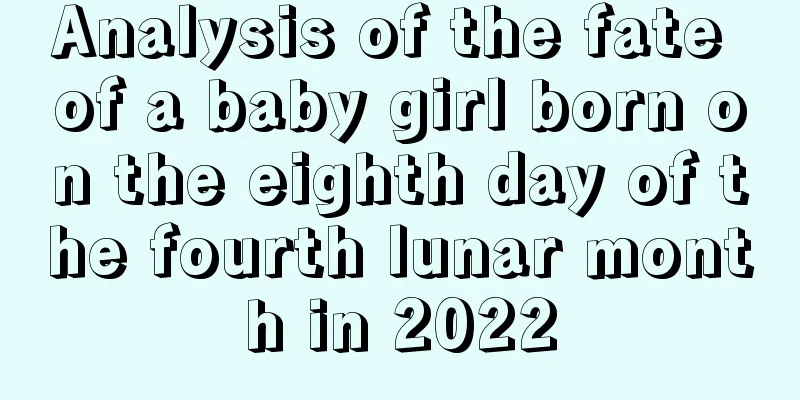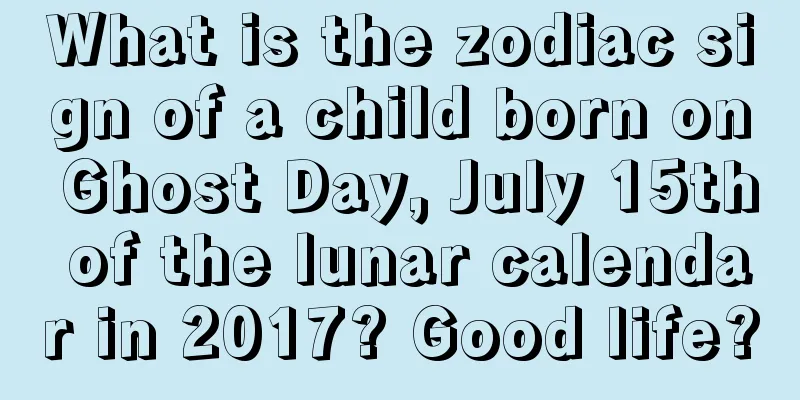When does Jingzhe begin on March 5, 2020 in the Gregorian calendar?

Jingzhe is the third solar term among the 24 solar terms, and it falls on March 5 or March 6 of the Gregorian calendar every year. When does Jingzhe begin on March 5, 2020 in the Gregorian calendar? The calendars commonly used in China are the solar calendar and the lunar calendar, also known as the Gregorian calendar and the lunar calendar. The Gregorian calendar and the lunar calendar can be converted into each other. For details on the special content of February of the lunar calendar in 2020, please visit Mr. Shui Mo’s website!When does Jingzhe begin on March 5, 2020 in the Gregorian calendar?》2020 Gregorian calendar March 5th Jingzhe time query:The time of Jingzhe in 2016 is March 5, 11:43:30, the twenty-seventh day of the first lunar month in 2016 The time of Jingzhe in 2017 is March 5, 17:32:40, the eighth day of the second month of the lunar calendar in 2017. The time of Jingzhe in 2018 is March 5, 23:28:06, the 18th day of the first lunar month in 2018 The time of Jingzhe in 2019 is: March 6, 05:09:39, the 30th day of the first lunar month in 2019 2020 Jingzhe time: March 5, 10:56:44, the twelfth day of the second month (big month) of the lunar calendar 2020 (1) Three signs of Jingzhe solar term: Peaches begin to bloom; orioles sing; eagles transform into doves <br /> Previous solar term: Rain Water Next solar term: Spring Equinox Customs and activities: Offering sacrifices to the White Tiger, beating up villains Customary food: "fried insects", raw pears Farming activities: Start spring ploughing Health preservation: Follow the nature of the liver and help the spleen Attribute: The second month of the twenty-four solar terms (2) Characteristics of the Jingzhe solar term: March 5th or 6th is the Jingzhe solar term in the 24 solar terms. The Jingzhe solar term begins when the sun reaches 345 degrees of the ecliptic longitude. Zhe means to hide. As the temperature rises and the soil thaws, the first thunder begins to appear. The small animals hibernating underground seemed to be awakened by the thunder and began to move around underground, so the name "Qingzhe" was given. Spring Seasonal Waking of InsectsBeginning of Spring: Method of the direction of the handle of the Big Dipper: the Big Dipper points to Yin; Method of determining the qi: the sun's ecliptic longitude is 315 degrees. The festival falls on February 3rd to 5th in the Gregorian calendar. [twenty one]Rain Water: The Big Dipper points to Ren; the sun’s ecliptic longitude is 330°. The festival falls on February 18th to 20th of the Gregorian calendar. Jingzhe: the Big Dipper points to Ding; the sun's ecliptic longitude is 345°. The festival falls on March 5th to 7th of the Gregorian calendar. Spring Equinox: the Big Dipper points to Ren; the sun's ecliptic longitude is 0°. The festival falls on March 20-22 of the Gregorian calendar. Qingming: The direction of the handle of the Big Dipper: the Big Dipper points to Yi; the time averaging method: 105 days after the winter solstice; the qi-fixing method: the sun's ecliptic longitude is 15°. The festival falls on April 4th to 6th of the Gregorian calendar. Grain Rain: the Big Dipper points to Chen; the sun’s ecliptic longitude is 30°. The festival falls on April 19th to 21st in the Gregorian calendar. 》2020 Jingzhe Day: (1) Date: Lunar calendar February 12, 2020 (lunar calendar) Gregorian calendar March 5, 2020 Thursday Pisces (solar calendar) (2) Conflict: Peng Zu's 100 Taboos: Ding does not shave his head, Wei does not take medicine. Conflict: Sheep Day Conflict (Xin Chou) Ox Yearly Evil: Yearly Evil West Star: South Well Wood An - Good |
Recommend
Is the first day of the twelfth lunar month in 2018 suitable for taking up the post? What does it mean to take up a post?
To take office means to take up the post immediate...
Free recommendations for nicknames for boys and girls born during the Year of the Ox!
Gently reading the two words "Bai Lu", i...
Is it suitable to go to a temple to pray on February 9th of the lunar calendar in 2018?
Chinese people are very particular about timing wh...
What is the five elements of a baby born on the second day of the first lunar month in 2019? Is it good to be born on the second day of the first lunar month?
Introduction: Children born on different days have...
Is the 26th day of the first lunar month in 2018 suitable for a haircut?
Everyone knows that in my country, before importan...
Is it a good time to move on the fourth day of the third lunar month in 2021? When is the best time to move?
There are certain considerations and rules when ch...
How to judge the auspiciousness and inauspiciousness of the eleventh hour on October 11, 2020, the Year of the Rat?
The lunar calendar is the traditional Chinese cal...
Are people born on February 2 (the day when the dragon raises its head) good or bad? Do they have a good fate?
Introduction: New lives are born 365 days a year, ...
What is the zodiac sign of people born on December 25, 2018 and related zodiac legends
What month and date does the 25th day of the 12th ...
The position of the God of Wealth on the 17th day of the third lunar month in 2022, and the position of the God of Wealth at different times
The direction of the God of Wealth is different ev...
What Feng Shui should be paid attention to in home decoration in 2019? Analysis of home Feng Shui in 2019!
Introduction: In the new year, many people will ch...
What is the zodiac sign and fate of those born in the first month of 2022?
The arrival of the first month of the lunar year h...
What is the date of February 13th in the lunar calendar in 2018? Is it an auspicious day?
Introduction: China has been a traditional country...
How is Cancer’s health fortune during the 2017 Spring Festival?
Introduction: The new year has arrived, and with i...
Is the sixth day of the sixth lunar month in the Year of the Rat 2020 a good day to pray?
Is the sixth day of the sixth lunar month in the Y...









